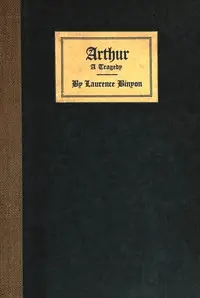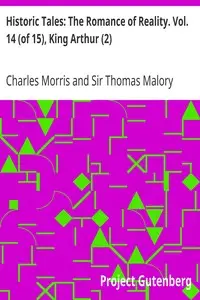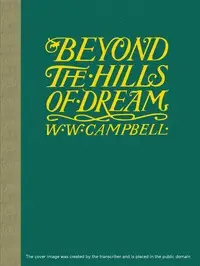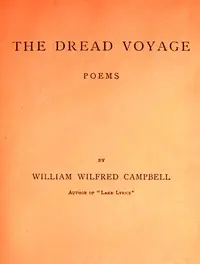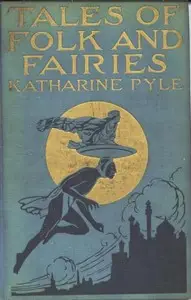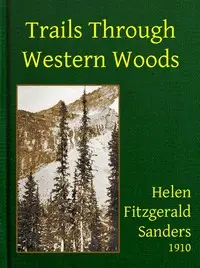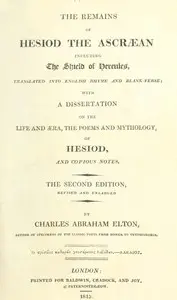"Mordred and Hildebrand: A Book of Tragedies" by Wilfred Campbell is a compilation of theatrical plays. Inspired by Arthurian lore, the story centers on the sad lives of King Arthur, his son Mordred, and the complicated relationship between Guinevere and Launcelot. Moral desires and personal weaknesses are very important to the plot. The first play introduces King Arthur and his son, Mordred, and the troubles in their connection as father and son. Arthur desires to make up for past mistakes, while Mordred deals with rejection and rage. Merlin offers advice, suggesting Mordred is capable of great things, setting conflicts based on love and desire. The play looks at tragedy through legendary characters and their motivations.
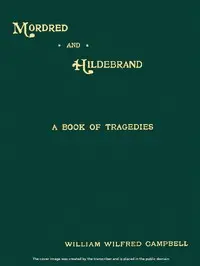
Mordred and Hildebrand: A Book of Tragedies
By Wilfred Campbell
Love, betrayal, and the burden of destiny collide as a king's past sins come back to haunt him and his illegitimate son seeks to define his own tragic fate.
Summary
About the AuthorWilliam Wilfred Campbell was a Canadian poet. He is often categorized as one of the country's Confederation Poets, a group that included Charles G.D. Roberts, Bliss Carman, Archibald Lampman, and Duncan Campbell Scott; he was a colleague of Lampman and Scott. By the end of the 19th century, he was considered the "unofficial poet laureate of Canada." Although not as well known as the other Confederation poets today, Campbell was a "versatile, interesting writer" who was influenced by Robert Burns, the English Romantics, Edgar Allan Poe, Ralph Waldo Emerson, Henry Wadsworth Longfellow, Thomas Carlyle, and Alfred Tennyson. Inspired by these writers, Campbell expressed his own religious idealism in traditional forms and genres.
William Wilfred Campbell was a Canadian poet. He is often categorized as one of the country's Confederation Poets, a group that included Charles G.D. Roberts, Bliss Carman, Archibald Lampman, and Duncan Campbell Scott; he was a colleague of Lampman and Scott. By the end of the 19th century, he was considered the "unofficial poet laureate of Canada." Although not as well known as the other Confederation poets today, Campbell was a "versatile, interesting writer" who was influenced by Robert Burns, the English Romantics, Edgar Allan Poe, Ralph Waldo Emerson, Henry Wadsworth Longfellow, Thomas Carlyle, and Alfred Tennyson. Inspired by these writers, Campbell expressed his own religious idealism in traditional forms and genres.





